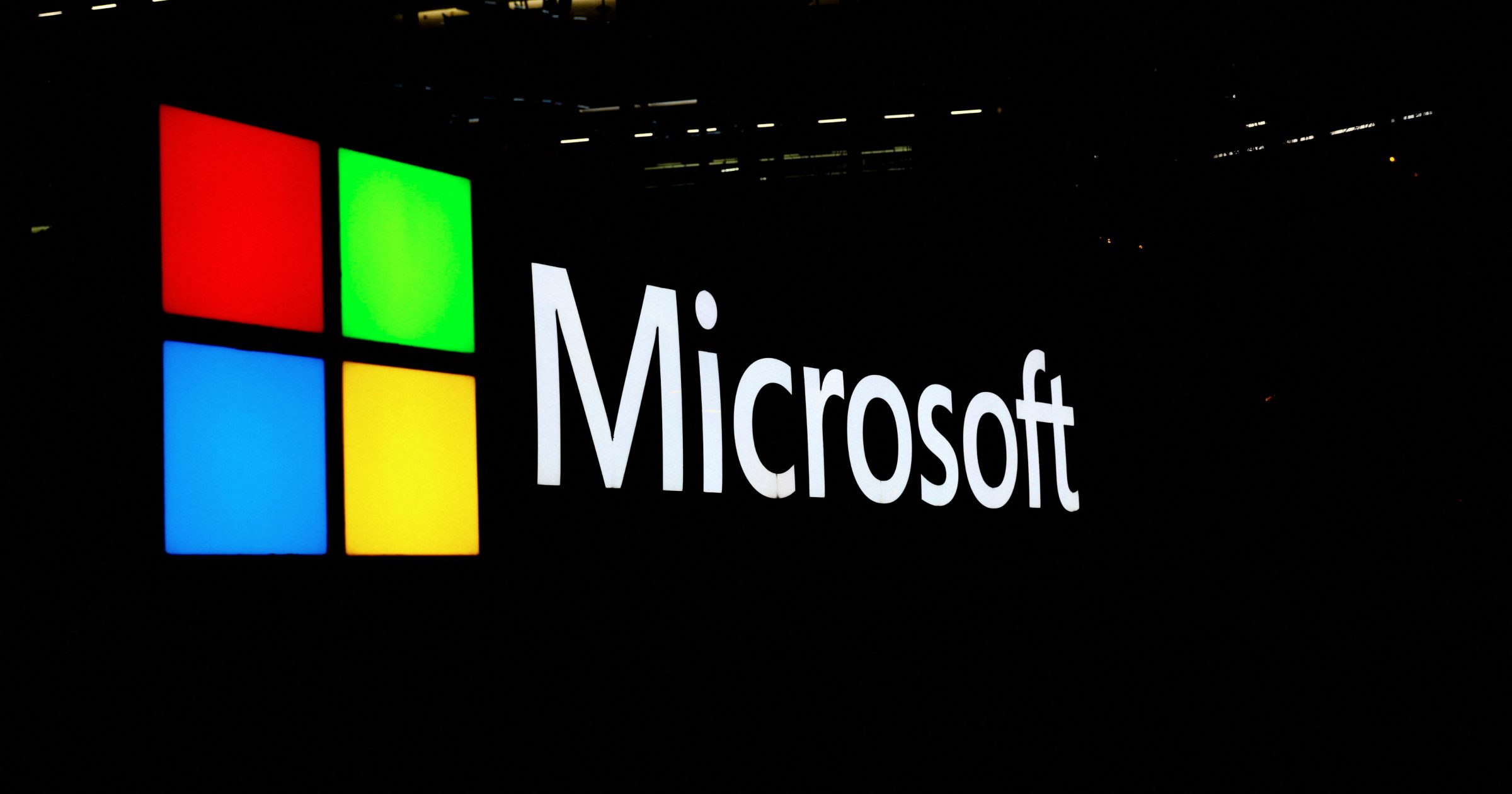BlackRock, the world’s largest asset management firm, has officially launched the iShares Bitcoin Trust ETF (IBIT) for options trading on Nasdaq, coinciding with Bitcoin (BTC) hitting a record high of $94,041.
Following the Securities and Exchange Commission (SEC)’s approval of Bitcoin ETF trading options in September, IBIT has become the first crypto product to clear the final approval stages in the last four days, receiving official clearance on November 18. As of now, IBIT is live on the U.S. stock market.
Bloomberg Intelligence ETF analyst James Seyffart highlighted in a post on November 19 that there were 289,000 call options and 65,000 put options traded within a single day. This indicates a strong market bet on price increases, with expectations for Bitcoin’s value to rise.
The total notional exposure through these 354,000 options amounts to $1.9 billion, reflecting a significant level of interest in this crypto product. Seyffart also pointed out that this market activity has propelled Bitcoin’s price to a new all-time high of $94,041.
Additionally, Seyffart noted that the trading options ratio of 4.4:1 signals robust trader optimism regarding future trading.
Bloomberg ETF analyst Eric Balchunas, in a separate post, compared IBIT to the SPDR Gold Trust (GLD), a product released two decades ago that now trades for $5 billion.

Anticipation for Further Bitcoin ETF Approvals
Following the IBIT launch, the market eagerly awaits the approval of additional Bitcoin ETF trading options. Among these, the Bitwise Bitcoin ETF (BITB) is anticipated to launch this week, marking another significant milestone for the crypto industry by introducing sophisticated trading methods.
These new trading options provide traders with opportunities to monitor institutional holdings and speculate on price movements without making large-scale investments.
Since the IBIT trading option was launched in the U.S., Bitcoin’s price soared to a new all-time high of $94,041, with trading volumes reaching $85 billion and market capitalization rising to $1.8 trillion.




